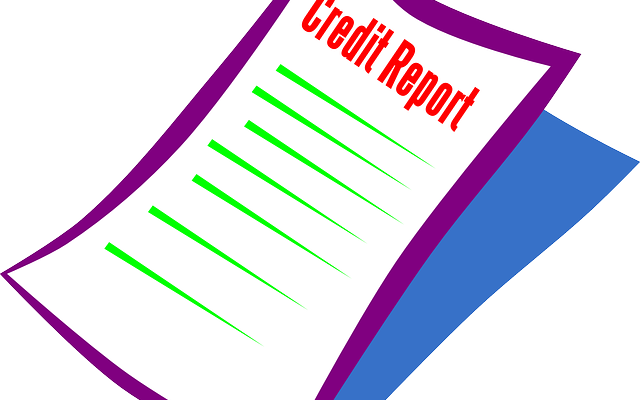Credit Score and five tips on how to improve it.
Credit score is one the most important items that reflect to potential lenders your credit behavior. After all, if you need to get a loan to purchase a home or car, lease a car, rent an apartment, or engage in any type of major financial transaction, the lender or property owner will very likely want to know your creditworthiness. They do this by asking your permission to run your credit report from one of the three credit bureaus and review your fico score.
There are many elements to one’s financial success, and one of the most important ones is knowing your credit score and knowing how to increase it.
Here are five tips on how you can increase your credit score:
The credit score runs between 300 and 850. Statistics from Experian show that 66% of Americans have a good fico score or better.
1: Review your credit report and fico score.
You can run a free copy of your credit report from annualcreditreport.com and check your score. Each person is entitled to run this report by each of the credit bureau at least once a year.
If you do not mind paying for a three-in-one credit report that cost approximately $30-$40 dollars, you can also do that. Experian and Privacy Guard offer that. Also, many other organizations can run the three-in-one credit report. This allows you to review each bureau side by side and it’s very easy to spot any errors that one bureau may have versus the other bureaus and ask them to correct them. First, review the credit report and confirm it is accurate. Then, once the review of the score is complete, you can use some basic strategies to improve your credit score.
2: Monitor how much of your credit line you are using.
If you’re using over 50% of your credit line, analyze which ones you can start paying down now and get the balances below 50%. Always pay above the minimum amount if you can. That little extra amount would go a long way into driving down the credit line below the 50% mark. It will also save you a lot in interest payments.
Review how much of your total credit line you’re using. For instance, if you have $20,000 in credit line and you’re using $15,000 that can negatively impact your score. One suggestion is to apply for another card and do a transfer from a higher interest card to the new card. Most times these new offers cards come with 0 interests for 12-18 months. If you get approved for another 5k, that will impact your total credit line and would now show that you’re more creditworthy. You’ll be using only 60% of your credit line versus 75%.
- Pay Bills on Time
This cannot stress enough how important paying bills on time is. If you review your credit report, you’ll that each creditor marked OK if you paid your bills on time and LATE if you paid late. This is critical because, even if you’re late by error, it can become a hassle to clear this from your credit report. Most department stores and major credit card report monthly to the major credit card bureaus, so you want to be diligent about paying your bills on time.
- Do not close out old cards
After you’ve paid off some cards and don’t wish to use them anymore, you can request the credit card company to freeze them. Some major cards have an option to do that. This is suggested only if you are absolutely sure you do not want to use the card. Also, you can remove them from your wallet so you’re not tempted to use the card and add more debt. It can be tempting to just close the card, but if you do that, your entire credit line will shrink and this would suddenly increase the percentage of your credit line that you’re using. Also, it would reduce your overall credit line, which is factored in your credit score, especially if it’s an old card.
I did this when I was very young and in college. I tried to keep my credit usage to a limit. I started closing the cards as I was paying them off. Then I went to lease a car and the car company asked me why I was using such a high amount of my credit line. Then I realized that closing the cards was actually hurting my credit.
No matter what your score is, you can improve it by taking these simple steps. Also, seek out additional ways to improve your score and make it a goal to work toward. After all, one of the important financial cornerstones of financial success is having excellent credit.

